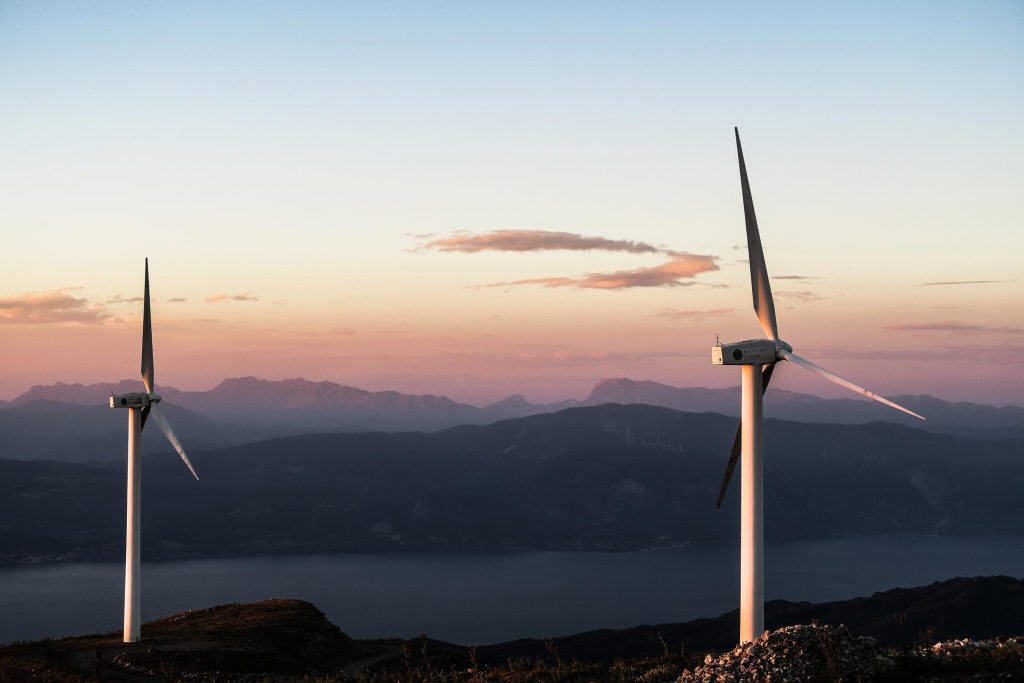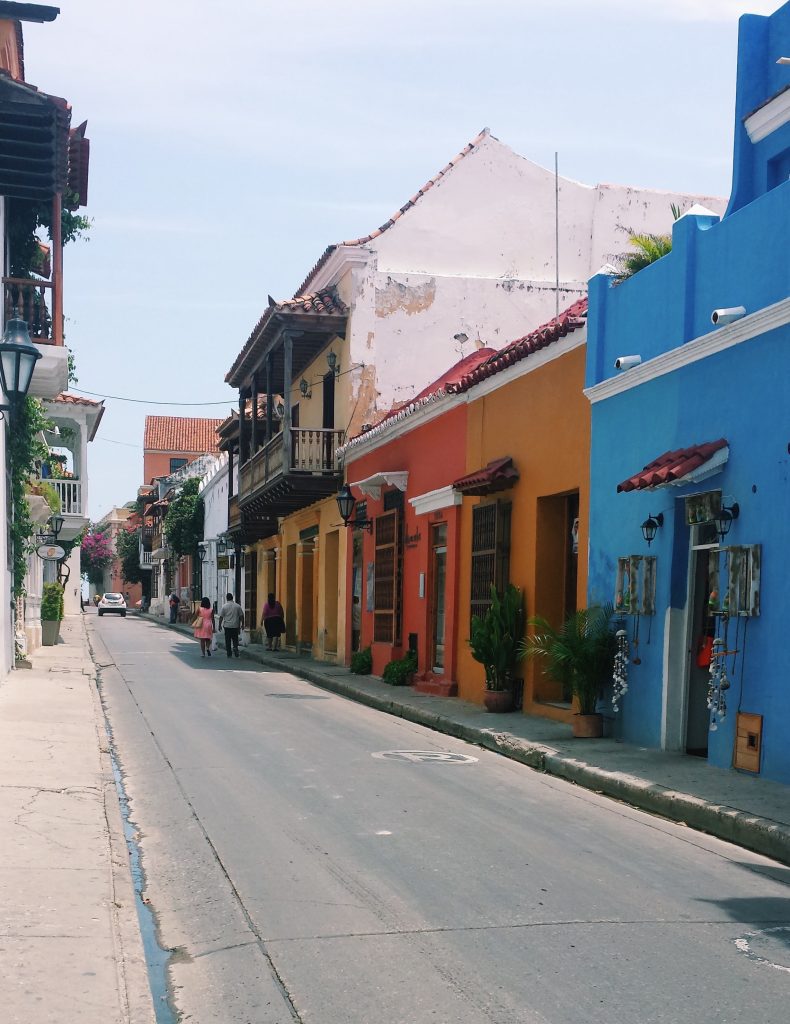
Energy 4 is Actis’ fourth-generation energy-focused private equity fund. The fund seeks to increase access to renewable energy in low- and middle-income countries through investments in electricity generation and distribution businesses. Investments are de-risked through geographic diversification and political risk insurance where possible.
Geography: Latin America, Africa, Asia
Size: USD 2.75 billion (raised)
Impact thesis: Renewable energy access
Fund manager: Actis
Total assets under management (AUM): USD 15 billion
- Actis, founded in 2004, is based in London and has 17 global offices. Actis spun-out of CDC, the UK government’s development finance institution (DFI)
- Actis has raised USD 19 billion since inception, executing over 200 transactions across more than 40 countries, including USD 2.1 billion in the energy sector through four energy-focused funds
- Actis has an extensive focus on growth markets in Africa, Asia and Latin America; Energy 4 has three active investments in Latin America, two in Africa and one in India
Investment overview
| Key limited partners (LPs) | Leading US state and local pension funds, sovereign wealth funds, insurance companies and endowments |
| Other investors | International Finance Corporation (IFC) |
| Instrument type | Infrastructure equity |
| Time horizon | 10-year closed-end fund |
Financial return profile
Returns: Risk-adjusted commercial private equity returns
Track record:
- Returns from three earlier energy funds
- Sizeable re-ups from existing investors for Energy 4
Liquidity:
- 10-year closed-end fund
- Five-year investment period, five-year disinvestment period
- Aim for exits at seven years
Risk profile
Currency risk: USD denominated contracts where possible, profits from capital gains not dividends
Political risk: Political risk insurance where possible, deal sourcing through local networks
Execution risk: On-the-ground research, local networks
Concentration risk: Geographic diversification of current investments: three in Latin America, two in Africa, one in India
Investment thesis
Actis combines local intelligence with global experience to generate competitive returns for investments:
- Rich deal flow: Close relationships on the ground and local networks generate strong pipeline of high-return investment opportunities
- Global knowledge sharing: Exclusive focus on growth markets facilitates knowledge and experience sharing across regions and businesses to help deliver consistent and competitive returns
- Risk mitigation: 70-year legacy as part of CDC enables anticipation and mitigation of growth market risks including currency deflations, inflation and bubbles
Eligible investments
Control investments sought in:
- Renewable electricity generation businesses (wind and solar) offering scale, diversification and growth
- Market-leading, high-growth electricity distribution businesses
- Gas power generation as a transition fuel
Due diligence approach
Standard financial due diligence as well as Environmental, Social and Governance (ESG) diligence conducted:
- Pre-investment: Negative screening of excluded countries and sectors and positive screening against environmental, climate change, health and safety, business integration and social policies
- Screening: Risk rating for health, safety, ESG issues and evaluation of company management’s integrity and commitment to environmental and social issues
- Due diligence: Collection of ESG information, examination of impact of ESG issues on business, how ESG risks will be addressed and how opportunities for value creation will be seized
Impact targeting
Impact thesis
Theory of change:
- Supporting electricity generation and distribution businesses with scale potential increases access to electricity
- Access to energy supports economic development and increases individuals’ wellbeing
Target stakeholders: Local communities without modern energy access
Impact metrics and outcomes
An ‘Energy Impact Model’ is developed with sustainability think-tank Forum for the Future to set targets and measure impact across the lifetime of all energy
investments. The model systematically measures investment performance across the following categories:
- Finance: Enterprise value, taxes paid, and operational efficiency
- People: Employment, employee health, training, health and safety standards, working conditions, employment of local nationals, and employee satisfaction
- Social and community: Community support (CSR), community sustainable development, contribution to small and medium-sized enterprise (SME) development and local sourcing, contribution to community employment, community disruption, and corruption
- Infrastructure: Creation and upgrading, efficiency, contribution to country energy provision, and contribution to sustainable energy system
- Environment: greenhouse gas emissions, water use, environmental management system (EMS), impact on land, and impact on air quality
- Governance: Structure and composition of board, board culture and communication, board information, board process, and corporate governance

Portfolio investee spotlights
Ostro Energy, India
Wind energy business – Energy 3 investment
Ostro Energy is a wholly-owned Indian wind energy platform created with a USD 230 million commitment from Actis in 2014. Actis selected the CEO and COO, assembled a pipeline of projects and established the company with a 70-person team.
By 2017, Ostro had 1.1 gigawatt of long-term power purchase agreements, equivalent to powering one million Indian homes, avoiding more than 1.4 million tons of CO2. Ostro created more than 1,500 jobs for Indian workers and promoted worker welfare with an internationally-accredited Labour Accommodation Standards Policy.
Actis sold the platform to Renew Power, an Indian clean energy producer, in 2018.
Key observations for institutional investors
Insurance and a local presence mitigate political risks
- Energy 4 demonstrates the value of obtaining political risk insurance where possible and sourcing deals through local networks that have awareness of political and corruption risk to mitigate risk exposure
A focus on capital gains and USD denominated contracts mitigate currency risks
- Returns from capital gains are less susceptible to currency risk than dividends, as exits can be made when exchanges are favourable and negotiations with buyers can account for exchange rate volatility
- Actis focuses on capital gains and contracts are in USD contracts where possible to mitigate currency risks
Earlier funds provide track record and re-investments from existing investors demonstrate trust
- Earlier funds provide proven track record and re-investments by existing investors in later funds demonstrate trust in fund manager
- Energy 4 follows three previous funds, with investors in the previous funds also investing in Energy 4
Sources:
Sources: i) Dalberg interviews, ii) www.act.is [accessed: 08/10/2020], iii) Actis, “The Actis Energy Model Explained” iv) EMPEA, “Case Study: Ostro Energy”, 2019

